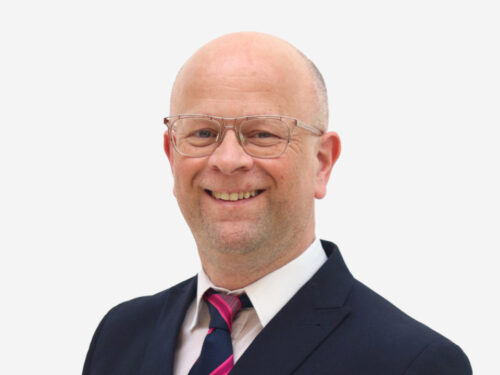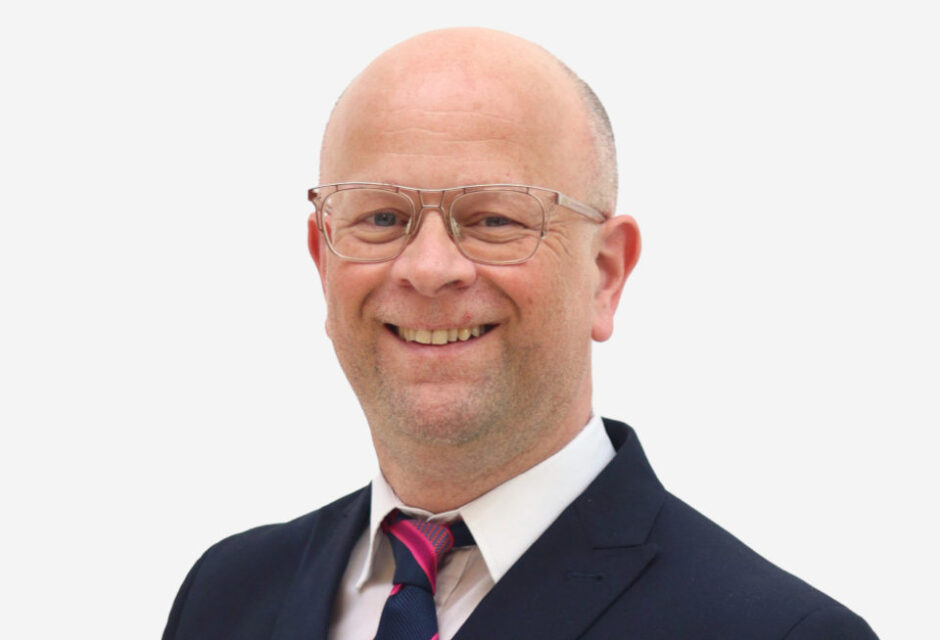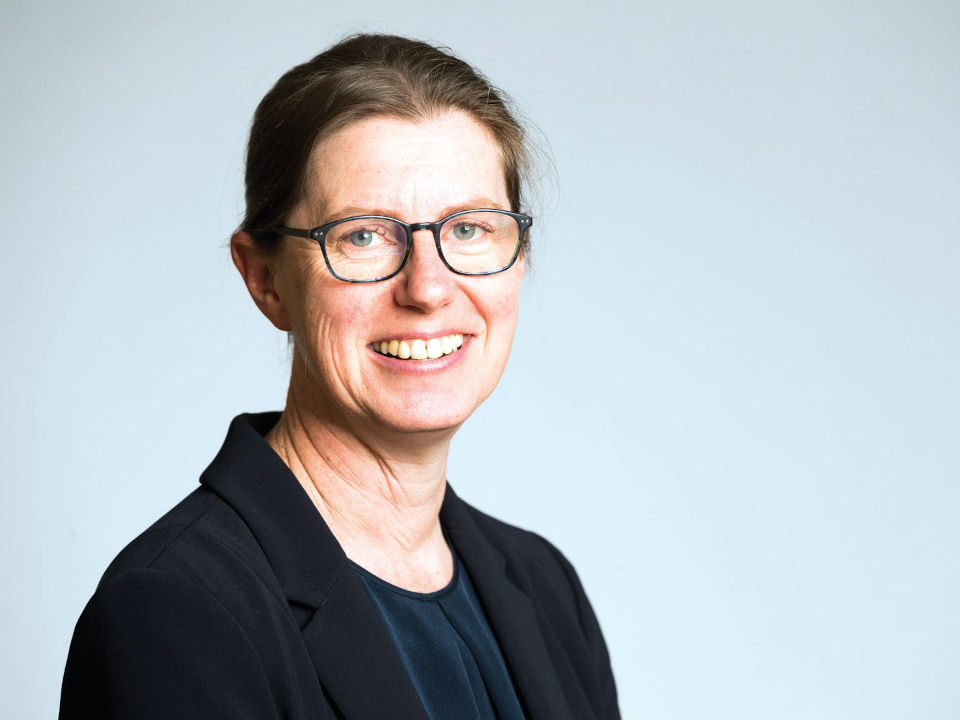
This year marks two decades since the role of the director of children’s services (DCS) was created via the 2004 Children Act. I’ve been a DCS since 2015 and have had responsibility for adult social services as well since 2016, and it’s a job that I love.
The DCS is the clear, single point of professional accountability for the outcomes of all children and young people living in their local authority area. The DCS is a system leader responsible for bringing together different parts of the system and services that impact on children’s lives. When services sit outside the direct remit or control of the local authority the DCS must use their influence and persuasion to secure the very best outcomes for all children.
Responsibility for children in care, children on child protection plans, children formally 'in need' and those who have a statement of special educational needs sit with the DCS. We monitor the performance of hundreds of schools and have oversight of a multi-million pound budgets. The welfare of hundreds of members of staff falls to us too. An increasing number of DCSs also hold a broader portfolio of services, such as adult social care. However, our latest DCS Update report shows a continued decline in the number of ‘twin hat’ directors who are responsible for both children’s and adult services.
It is a huge privilege to be a DCS, although I don’t think anyone could have envisioned the challenges directors would face in 2024. A local government funding crisis, the accumulation of financial pressures and risks in children’s services, exacerbated by the children’s placements crisis, as well as an increasingly unsustainable SEND system.
This year also marks the 10 year anniversary of the implementation of the 2014 SEND reforms, although there isn’t much to celebrate. The reforms were rightly ambitious extending entitlements to support for young people up to 25 years old, yet they have not delivered the intended outcomes for children. Instead, the current system has resulted in perverse incentives at odds with inclusion in mainstream schools towards specialist provision and unsustainable levels of demand for education, health and care plans resulting in significant high needs funding deficits, set to reach £3.6 billion by 2025 without government intervention. This threatens to bankrupt local authorities.
There are government programmes aimed at managing high needs block deficits and increasing demand and a national SEND and AP implementation plan to reform the system, however, this feels like tinkering around the edges and I’m not convinced they will deliver the changes that are needed.
Despite the ever-complex landscape of children’s services directors and their teams must navigate, we remain committed to maintaining an unrelentless focus on children, their life chances and outcomes. If I could go back to the start of my career as a social worker knowing what I know now, I would always choose to be a DCS – it is the best job in local government.
Andy Smith ADCS President 2024/25
This column first appeared in the MJ in June 2024.



